#geely
Lotus Posts $750 Million Loss for 2023 While Also Setting Sales Record
Lotus has reported a net loss of £594 million (about $751 million USD) for 2023. However the company actually had a good sales year, moving 6,970 vehicles in a twelve-month period. Lotus noted that sales ramped up in the final quarter of 2023, with the company seeing a 110-percent increase after the launch of the Lotus Eletre SUV. Though getting that vehicle, and other upcoming electric models, into production are one of the primary reasons for its crash burn.
Some Volvo EVs are Getting New Names
Alphanumeric vehicle names can be confusing, especially if they’re not directly tied to a vehicle specification or feature. Volvo ran into that issue with its electric and plug-in hybrid models, leading the automaker to change their names to more clearly designate their places in its catalog.
Volvo is Breaking Up With Polestar - Mostly
Volvo spun off Polestar years ago, but the Chinese-owned Swedish automaker has been footing part of the bill for Polestar’s operations since then. Things are changing for Polestar, however, as Volvo will hand the brand over to parent company Geely to focus on its growth and stability.
Volvo EM90 Minivan Probably Not Coming to North America
Earlier this year, Volvo teased the all-electric EM90 minivan. However, the model will reportedly be exclusive to Asian markets — disappointing dozens of North American residents who still believe it’s the most practical vehicle type.
Lotus and Alpine Scrap Joint All-Electric Sports Car Program
Despite Alpine and Lotus having previously indicated plans to jointly develop a successor to the A110 sports coupe, reports have emerged stating that all work on the project has stopped. With both companies vowing to go electric, the partnership was supposed to help both companies benefit from their performance expertise.
Polestar to Utilize Former Saab Plant as European R&D Facility
Polestar is reportedly taking over Saab's defunct plant in Sweden to expand upon its European research and development operations. The 15,000-square-meter building, located in Trollhattan, is said to be focusing on the brand’s powertrain development.
It's Nice, but It's No Lada: Chinese Brands Take Over Russian Car Market
Russia’s invasion of Ukraine has set many wheels in motion, mainly to do with sanctions and efforts to cut the nation off from the global banking and logistics network. Though the Russian economy hasn’t completely collapsed, significant cracks are showing, leading the country to turn to China for support.
Quantum Leaps: Geely Saves Saab Instead of Volvo
Volvo Announces IPO, Polestar Does SPAC Merger
Volvo Cars has confirmed months of speculation by announcing that it’s planning to go public on NASDAQ Stockholm. On Monday, the automaker stated that it would be seeking to raise 25 billion Swedish kronor (nearly $2.9 billion USD) via the selling of new shares as a way to fast-track its electrification plans. Those include ensuring half its annual volume being represented by EVs and transitioning the majority of its sales stemming from online orders by 2025.
While the targeted IPO valuation is unknown, prior information coming from Zhejiang Geely Holding Group (Volvo’s Chinese parent company) suggested it was aiming for something in the neighborhood of $20 billion. We’ve also learned that the collaboratively owned Polestar would also be going public, except it will be using the always sketchy special-purpose-acquisition-company merger to help pump the stock.
Volvo Buying Itself Out of Chinese Joint Venture
Volvo Cars is plotting to buy out parent company Zhejiang Geely Holding and free itself of its Chinese joint venture. The Swedish (currently Swedish-Chinese) manufacturer has been hinting at the prospect of going public with an IPO, which most analysts believe would be bolstered by creating some distance from Geely.
While the Chinese Communist Party has ended mandates requiring electric vehicle firms from entering into joint ventures with established domestic businesses, the rule still exists for traditional automakers. However, the general assumption is that most will attempt to regain full ownership of their Chinese assets when the law is lifted next year. But critics are cautioning that the nation is under no obligation to maintain any commitment to foreign entities once they’ve split with their local partners.
Polestar Announces Electric SUV Will Be Made in America
Volvo-owned Polestar has announced that its upcoming “performance SUV” will be manufactured within the United States, starting late in 2022. The model will be assembled alongside other Volvo products at the Swedish company’s facility in South Carolina. It also provides an opportunity for Chinese parent Zhejiang Geely Holdings to make meaningful moves on the North American marketplace and less ammunition for critics to reference the EV-focused Polestar as a foreign brand.
“Polestar 3 will be built in America, for our American customers,” said Polestar CEO Thomas Ingenlath. “I remember the great response when I first shared Polestar’s vision here in the USA and I am proud that our first SUV will be manufactured in South Carolina. From now on, the USA is no longer an export market but a home market.”
Lotus Says Emira Will Be Its Last Gasoline Powered Model
Lotus Cars has announced that the Emira sports car will be its next and final internal combustion model as it prepares itself to become an exclusively electric brand. The historically British manufacturer says its Chinese owners, the Zhejiang Geely Holding Group, are preparing a cash injection of $2.8 billion to swap to EVs and expand its footprint.
While the present market makes those items feel as though they could conflict with each other, Lotus thinks that the climate will be different a few years from now and plans on going EV only by 2028. In the meantime, the Emira is scheduled to launch in July.
What Happened To the Chinese Automakers Wanting a Piece of the U.S. Market?
American automakers can usually count on selling just below 3 million vehicle sales in China every year. While that figure includes the caveat that the Chinese Communist Party requires foreign manufacturers to partner up with established local companies, it remains substantially larger than the number of cars Chinese brands manage to move in the United States per annum — which is effectively zero.
From BYD to Zoyte, just about every large Chinese manufacturer has issued a deluge of promises about breaking into our market over the last decade — including most of the names we’ll be mentioning below. Consider this sort of the “Where Are They Now?” of evergreen automotive content about regional disparities. Because very little has moved in regard to China’s involvement with the North American auto market and the current geopolitical climate doesn’t make us think that’s likely to change anytime soon.
But it hasn’t been for a lack of trying.
Another One: Geely Announces Zeekr EV Brand
Geely Auto Group has announced the formation of an electric technology firm and automotive brand called Zeekr Company Limited. With the Chinese group already holding numerous mobility-focused brands with a penchant for electrification, it’s a bit curious to see it launching another one. But Geely has indicated that Zeekr will be aimed at the premium EV market using a similar business model as Lynk & Co.
That likely means selling vehicles as a service, rather than a product owned by the driver — something we’ve been incredibly wary of since the industry starting mulling over things like subscription services and online sales. Owned jointly owned by Geely Automobile Holdings and Zhejiang Geely Holding Group, the plan is to start launching products in China before the end of 2021. It’s quite the swift turnaround, leading us to believe there will be some platform sharing with other Geely-owned automotive brands. New product is said to be introduced every twelve months over the next five years.
Geely Nixes Volvo Merger, Volvo CEO Explains
Despite having already having Volvo Cars as one of its many subsidiaries, China’s Geely signaled roughly a year ago that it wanted to merge with the brand as part of its strategy to expand globally. Plans changed on this week when the company announced that the duo will be retaining their independent corporate structures, though they will continue working on a joint development program for electric vehicles.
This means more backing for the Lynk & Co. brand, a technology-focused joint venture Geely launched with Volvo in 2016. Lynk is hoping to bridge the gap between traditional vehicle sales and subscription-based models, while also pioneering telematics and other connected services that look like an invasion of privacy to some and a technological breakthrough to others. Regardless, the industry as a whole seems convinced this represents the evolution of the automobile and a stable source of revenue for companies capable of monetizing large amounts of data — often with the help of the world’s largest technology firms.



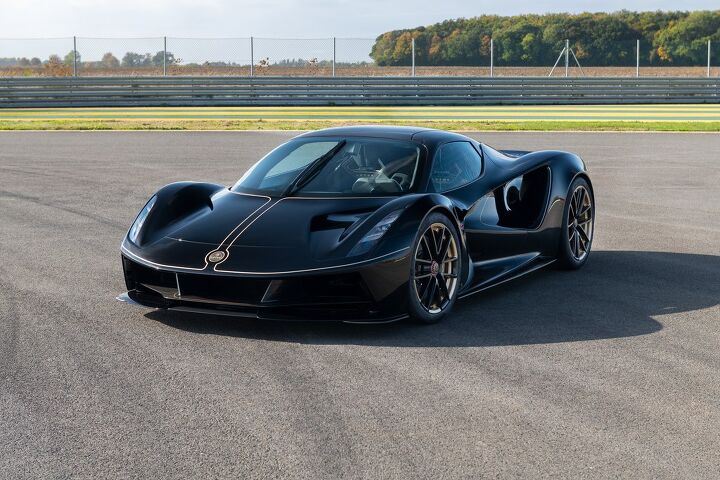
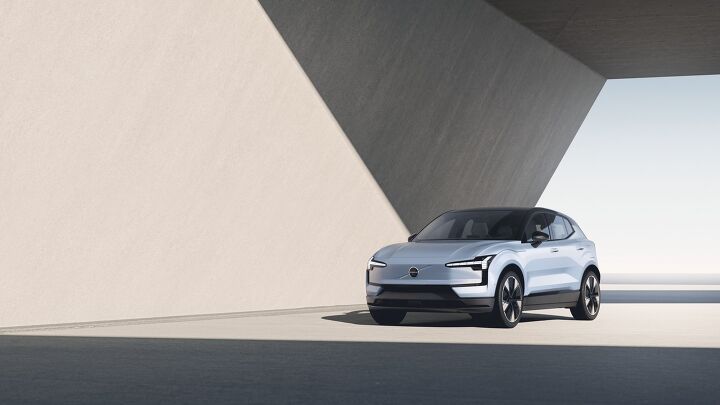
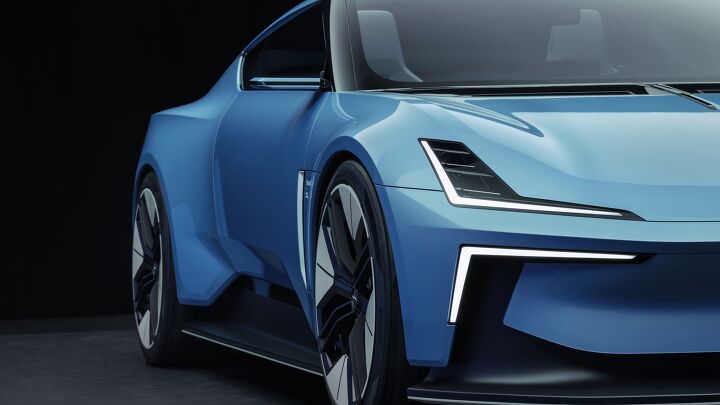


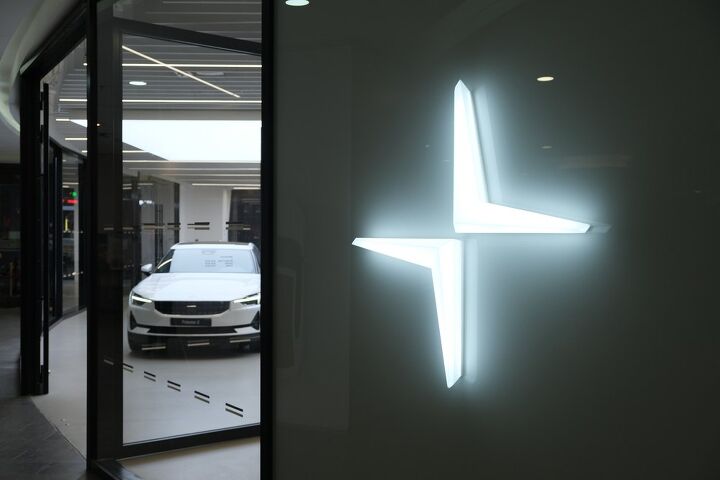
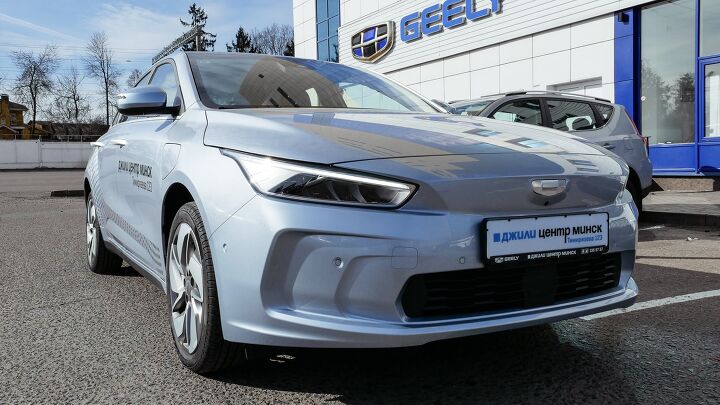

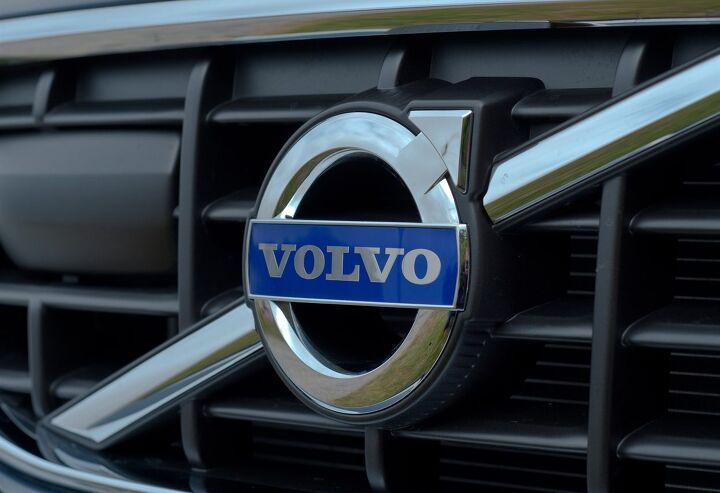
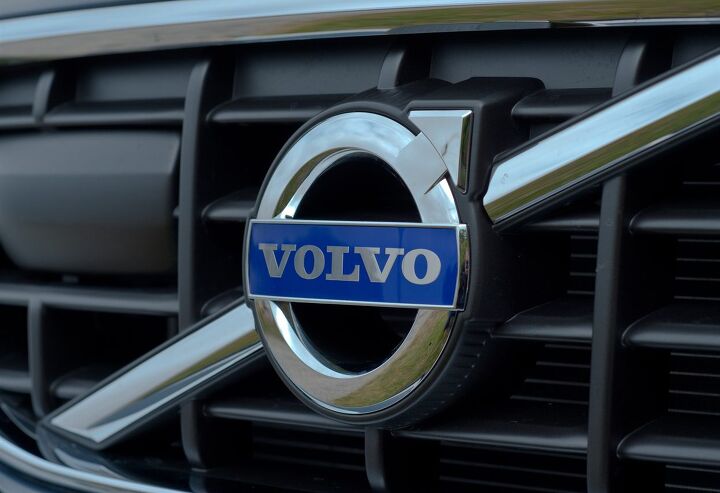
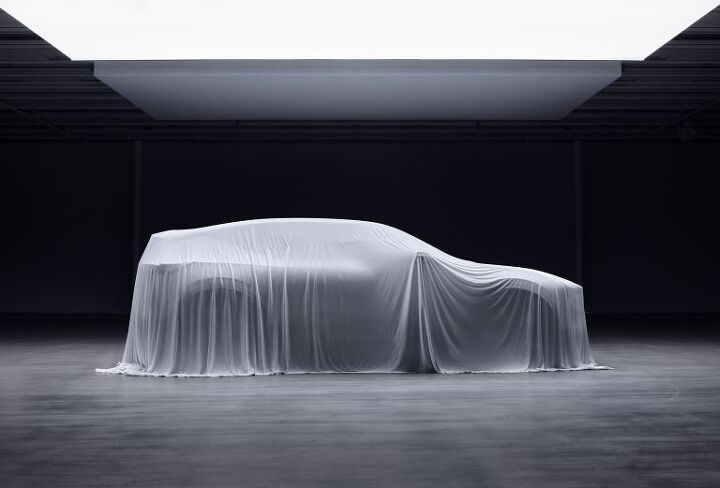


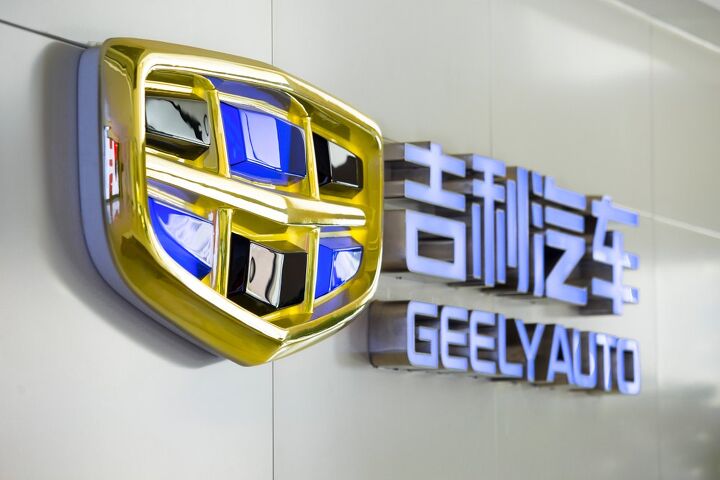












Recent Comments